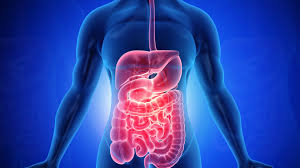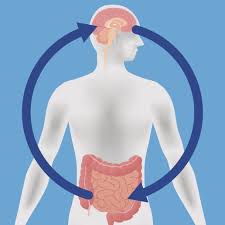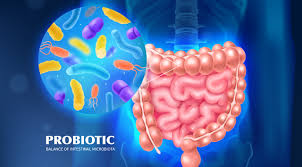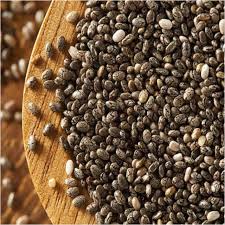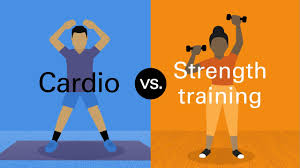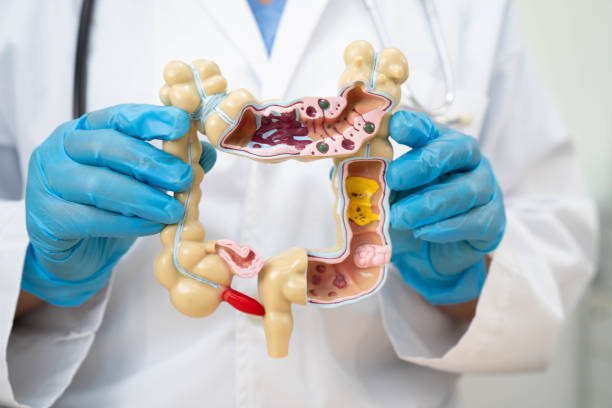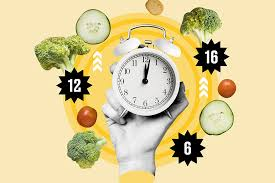worst foods for gut health-How to Improve Gut Health
Worst Foods for Gut Health: What to Avoid for a Healthy Digestive System
Gut health plays a pivotal role in maintaining overall well-being, influencing digestion, immunity, and even mental health. However, certain foods can disturb the delicate balance of gut microbiota, leading to inflammation, digestive disorders, and chronic health conditions. Avoiding or minimising these harmful foods can significantly improve gut health and enhance overall wellness.
1. Highly Processed Foods
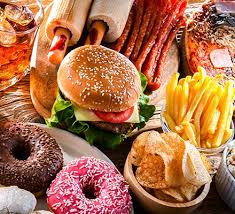
Highly processed foods contain artificial chemicals, preservatives, and emulsifiers that can negatively impact gut bacteria. They slow down digestion, promote the growth of harmful bacteria, and lead to chronic inflammation.
Examples: Fast food, packaged snacks, frozen meals, processed cheese.
Why They Are Harmful:
- Lack of fiber affects gut motility and microbiome balance.
- High sodium content leads to bloating and water retention.
- Artificial additives can irritate the gut lining.
2. Refined Sugars & Artificial Sweeteners
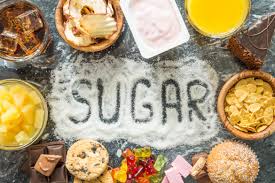
Excessive consumption of refined sugars promotes the growth of harmful bacteria and yeast in the gut, leading to digestive imbalances. Artificial sweeteners disrupt gut flora and increase the risk of metabolic disorders.
Examples: Candies, artificially sweetened beverages, pastries.
Why They Are Harmful:
- Causes sugar spikes, leading to inflammation.
- Encourages the growth of bad bacteria.
- Artificial sweeteners like aspartame can disrupt gut microbiome diversity.
3. Fried & Fatty Foods

Deep-fried and high-fat foods cause inflammation, slow digestion, and contribute to an imbalance in gut bacteria. These foods are also difficult for the body to break down, leading to digestive distress.
Examples: French fries, deep-fried chicken, butter-laden meals.
Why They Are Harmful:
- Increases gut inflammation, leading to discomfort and bloating.
- High-fat foods alter gut bacteria composition negatively.
- Slows digestion, leading to constipation or indigestion.
4. Alcohol

Excessive alcohol consumption harms the gut lining, alters microbiota composition, and increases gut permeability, leading to leaky gut syndrome and digestive issues.
Why It’s Harmful:
- Damages the protective mucus lining of the gut.
- Leads to bacterial imbalance, encouraging harmful microbes.
- Causes inflammation and disrupts nutrient absorption.
5. Dairy Products (for Lactose-Intolerant Individuals)
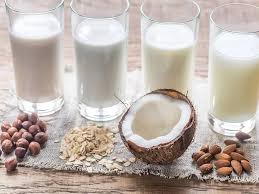
Lactose-intolerant individuals lack the enzyme lactose needed to break down lactose, leading to bloating, gas, and digestive discomfort when consuming dairy.
Examples: Milk, cheese, butter, cream.
Why They Are Harmful:
- Causes digestive distress in lactose-intolerant individuals.
- Leads to bloating, diarrhoea, and stomach pain.
- May cause inflammation in sensitive individuals.
6. Gluten (for Gluten-Sensitive Individuals)
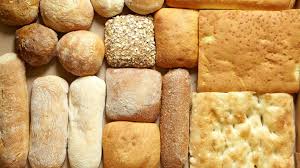
Gluten is a protein found in wheat, barley, and rye. People with gluten sensitivity or celiac disease experience severe digestive discomfort after consuming gluten-containing foods.
Examples: Bread, pasta, cereals, baked goods.
Why They Are Harmful:
- Causes gut inflammation in those with gluten sensitivity.
- Leads to bloating, fatigue, and digestive issues.
- Damages the gut lining in people with celiac disease.
7. Processed Meats
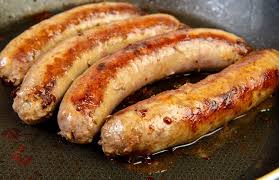
Processed meats are high in sodium, preservatives, and nitrates, which negatively impact gut health and increase the risk of digestive disorders.
Examples: Bacon, sausages, hot dogs, deli meats.
Why They Are Harmful:
- Contains preservatives that alter gut microbiota.
- High in sodium, leading to bloating and water retention.
- May contribute to colon inflammation and digestive issues.
8. Sodas & Carbonated Drinks
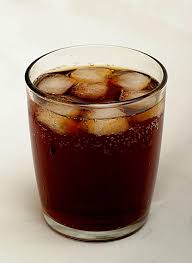
Sugary sodas and artificially flavoured carbonated drinks disrupt the gut microbiome and contribute to digestive discomfort.
Examples: Soft drinks, diet sodas, flavoured sparkling water.
Why They Are Harmful:
- High sugar content promotes the growth of harmful bacteria.
- Causes bloating and gas due to carbonation.
- Artificial sweeteners disrupt gut microbiota.
9. Artificial Preservatives & Food Additives
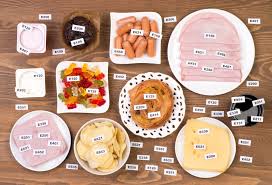
Food additives, artificial colors, and preservatives can irritate the gut lining, leading to digestive distress and an imbalance in gut bacteria.
Examples: MSG, food dyes, emulsifiers, artificial flavouring.
Why They Are Harmful:
- Can cause inflammation and allergic reactions.
- Alters the gut microbiome, reducing good bacteria.
- Leads to bloating and stomach discomfort.
11. Red Meat (Excessive Consumption)
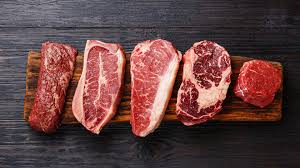
Eating red meat in excess can alter gut bacteria composition, leading to inflammation and digestive problems.
Examples: Beef, pork, lamb.
Why It’s Harmful in Excess:
- High-fat content slows digestion.
- Can lead to an imbalance in gut microbiota.
- Excess consumption is linked to colon inflammation.
12. Coffee (Excessive Consumption)

While moderate coffee consumption has health benefits, excessive intake can lead to gut irritation and digestive discomfort.
Why It’s Harmful in Excess:
- Increases acid production, causing acid reflux.
- Can lead to dehydration, affecting digestion.
- May cause irritation in people with sensitive stomachs.
13. Artificial Trans Fats
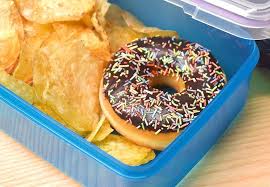
Trans fats are chemically modified fats found in processed foods that increase inflammation and negatively impact gut health.
Examples: Margarine, hydrogenated vegetable oils, fast food.
Why They Are Harmful:
- Causes inflammation in the gut.
- Increases the risk of digestive disorders.
- Negatively impacts gut bacteria balance.
14. Excessive Spicy Foods

While some spices are beneficial, excessive spicy foods can irritate the gut lining and cause digestive distress.
Examples: Chili peppers, hot sauces, spicy curries.
Why They Are Harmful:
- Can cause acid reflux and heartburn.
- May irritate the stomach lining.
- Leads to digestive discomfort in sensitive individuals.
How to Improve Gut Health
1. Eat Fiber-Rich Foods
Foods rich in fiber help improve digestion and support a healthy gut microbiome. Include:
- Whole grains like oats and quinoa
- Leafy greens like spinach and kale
- Legumes and lentils (in moderation for sensitive individuals)
2. Consume Fermented Foods
Fermented foods provide good bacteria to the gut, promoting a healthy microbiome. Try:
- Yogurt with live probiotics
- Kimchi, sauerkraut, and pickles
- Kombucha and kefir
3. Stay Hydrated
Drinking plenty of water helps maintain a balanced gut environment and aids digestion.
4. Reduce Stress
Chronic stress negatively impacts gut health. Practice mindfulness, meditation, and deep breathing exercises to manage stress levels.
5. Get Enough Sleep
Poor sleep disrupts gut bacteria, so aim for at least 7-8 hours of quality sleep each night.
6. Exercise Regularly
Regular physical activity supports a healthy digestive system and overall gut function.
7. Avoid Overuse of Antibiotics
Antibiotics kill both good and bad bacteria, leading to gut imbalance. Only take antibiotics when necessary and consult a doctor for probiotics if needed.
8. Reduce Alcohol & Caffeine
Limiting alcohol and caffeine consumption prevents gut irritation and supports healthy digestion.
Conclusion
A healthy gut is crucial for overall well-being, and avoiding these harmful foods can significantly improve digestive health. Instead of consuming highly processed, sugary, and fatty foods, opt for fiber-rich, fermented, and whole foods that support gut microbiota balance. Including probiotic and prebiotic-rich foods in your diet can help maintain a healthy digestive system and enhance overall wellness.
